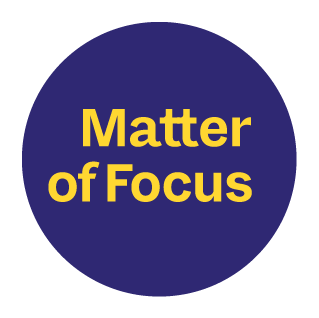- Recorded live on Tuesday 14 May, 2024
Do you really know if your organisation, project, programme, service, or initiative is making a difference?
It’s likely that you strongly believe in your work and implicitly know that it does make a difference, but can you confidently tell your story to funders, commissioners and other stakeholders?
Evaluating complex, people-based change is inherently hard.
Traditionally, public service systems are focused on activity and outputs, rather than process and outcomes. This then flows into the data and evidence that gets captured.
But when your work focuses on educating, empowering, inspiring, supporting, encouraging, or influencing change, then simplistic, quantitative measures can’t tell the story of why difference your work makes, nor how it makes a difference.
Why is it important to be able to describe and evidence the difference you make?
- So you can reflect, learn and improve on your work.
- So you can save time and effort by streamlining how you collect and use data
- So there is a shared understanding of your work for staff, stakeholders and funders.
- So that you can report in an outcome- and impact-focused way – internally, to funders or regulators, and more widely.
A webinar to help you to understand and track the impact of your work
If you’re struggling to bring together and evidence the story of your work, and report on it well, this webinar will introduce you to our practical and meaningful approach.
What you will gain from this webinar
- An orientation to the challenges of understanding and capturing impact.
- Information about tried and tested methods and approaches.
- An understanding of how to develop approaches that are suited to your work and its challenges.
- Practical tools and ideas you can start using now.
- A chance to ask our expert team about the particular challenges you face.
Who is this webinar for?
This webinar is for you if you lead or work in a public, voluntary or research organisation and have an interest in:
- tracking your initiative’s outcomes and impacts.
- making better use of data, feedback and evidence.
- understanding and working well with outcomes
- being able to report on outcomes and impact meaningfully.
